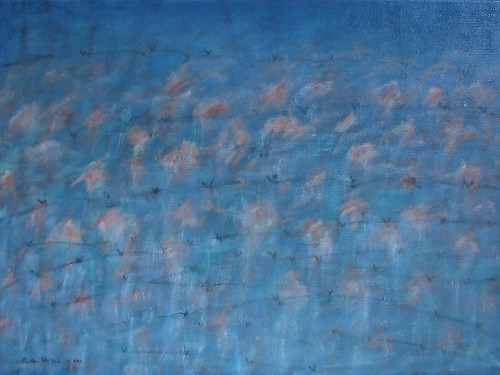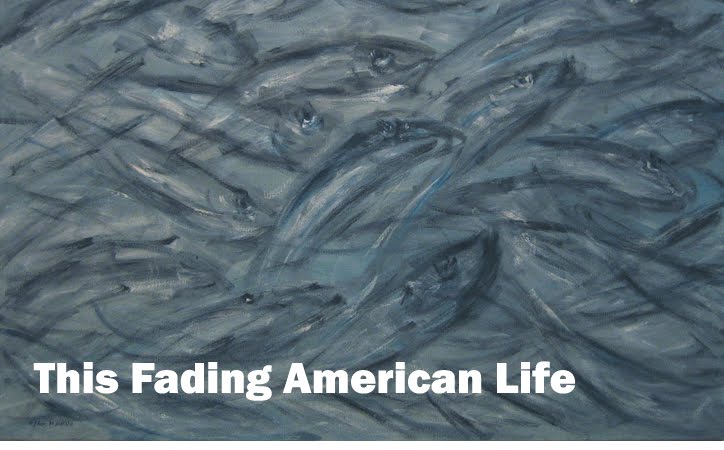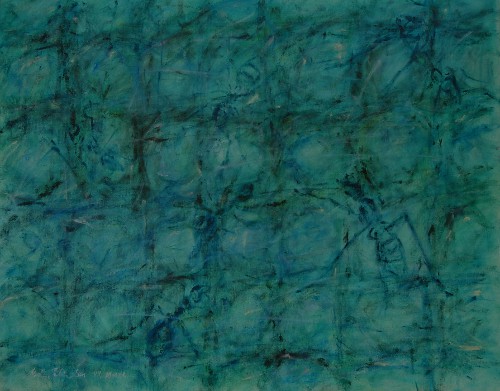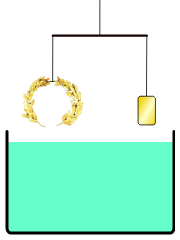Wasted opportunity? No, I'm not talking about Obama's lackluster presidency which failed to solve so many pressing problems our nation faces, though it surely warrants such description. No, I'm talking about San Francisco Opera's new commission, "Heart of a Soldier", an opera with libretto by Donna di Novelli and music by Christopher Theofanidis, and was based on James Stewart's book of the true story of Rick Rescorla.
The opera is scheduled to be premiered on the eve of the 10th
anniversary of the September 11th attacks on the World Trade Center, New
York City, in 2001. It is to be staged by Francesca Zambello, who just
triumphantly staged
Wagner's Ring Cycle for SFOpera, the instigator of this whole project, when she read the book, she immediately saw it as opera material.
Ten years after the attack on World Trade Center, it is high time for
remembrance, reflection and some deep thinking. It is also a high time for an operative treatment of a story regarding the September 11 attack. I was hoping for an opera in somber tone, with ample respect for the deceased and the bereaved, with collective reflection on the events lead to the fatal day and the aftermath, with a clear-eyed hope for a better future. We need a 9/11 opera.
However, the creative team of the opera steadfastly denied that it would be a 9/11 opera, instead, they emphasized that it would be an opera about love - the camaraderie love between protagonist Rick Rescorla, whose military experience prepared him to save thousands people's life in his company, and his life-long friend Dan Hill, and a late-found love between Rick and his wife Susan. The love between Rick and Susan, as poignant as it was, did nothing to propel the story line - their love contributed nothing to the final denouement and
it is puzzling to see that this love becomes the focus of this opera.
What this opera's about? It seems to me about a hero's path. The opera included many flashing points, such as Rick met American soldiers in his British hometown as a boy, his killing a lion to prove his bravado, his stunt in Vietnam in order to fight the Communists and his career as security chief for financial firm in New York City.
The real drama lies in his early design to kill communists and the doubt later crept in while in Vietnam. The synopsis mentioned the motive for Rescorla and Hill to go to Vietnam is their desire to seek a just war. Had they found it? Was the war just? How shaken were they by their doubts? In the same vein, did people ask why the Jihadists attacked our civilians? Did they see it as just? What about other Muslim people who might bear grudge but would not pick up weapons to kill randomly?
The parallel between the desire to kill communists and modern day
Jihadism is also a very interesting topic. Did we fail or refuse to see other groups,
defined by different forms of government, different religions, or
different ideology, as human beings, just as the modern day Jihadists do? Grown up in communism China, when I
read the line of "
fight the Communists",
I inevitably thinking about my father, who was a career civil servant
and joined the Party in high school, or my mother, an expert doctor, who
struggled entire career to be admitted into the Party to prove her
worth, or my sister, who had to join the Party in order to be promoted
into a managerial position in a newspaper. Are these career soldiers the people only happy to kill? What about the aftermath? How we handled the suspects we rounded up in Afghanistan and Iraq? Perhaps it was not touched upon by the libretto because it is too close for comfort.
All these moral dilemmas and arguments would have made a compelling and thought-provoking opera. But all these were seriously under-developed or consciously avoided.
Since the libretto shied away from all these aspects, all the possible depths and nuances are lost due to this avoidance. Apparently, the creative team didn't want to create another
controversial opera like John Adam's
The Death of Klinghoffer.
One genuinely interesting part included in the opera was Dan Hill's
conversion to Muslim and his moving to Afghanistan,
but that thread did not go further either. Therefore, the opera
becomes episodic, meandering and skin deep. It is heart-tugging in a
tear-jerking way.
As for the music, the argument from San Francisco Opera's general director David Gockley yields no comfort. Opera News magazine quoted that he wanted a legitimate composer, one with "a
big emotional sweep, who's not afraid to write a popular melody but
still can deal with a big arc and complexity and breadth."
 Rehearsal photo from San Francisco Opera
Rehearsal photo from San Francisco Opera
Instead of an opera with fitting gravitas à la Stravinsky's
Oedipus rex, we will get a technicolor
Lawrence of Arabia. Very sweeping.
Moving beyond an opera commission. Let's see if we have learned much. How have we grown up? Have we used the pivotal moment in history the tragedy brought to the world to
heal the wounds of humanity?
Unfortunately, not much.
We have not done enough to deal with social and economical injustice in the world; we have employed cruel methods against our opponents, or just suspects, in order to protect our freedom, mostly the "god-given right" to consume as cheaply as we can, at other people's expenses.
However, there is glimmer of hope. What the Western power had done to support Libyan people's cause, while allowing them to own their own revolution, struck the right balance.
However, we know better than trusting too much on hope. We live in a complex, confusing and perilous world. Let's hope that there will not be a double dip - a reign by maniacal, egocentric and intolerant Republican reign, particularly of Texan brand.
Related articles:
-->
Not Enough Drama, Love to Rescue - on San Francisco Opera's Commissions "Heart of A Soldier"
-->
World Premiere Opera "Heart of A Soldier" and What Is a Tragedy
-->
San Francisco Opera's New Commission - Heart of a Soldier








